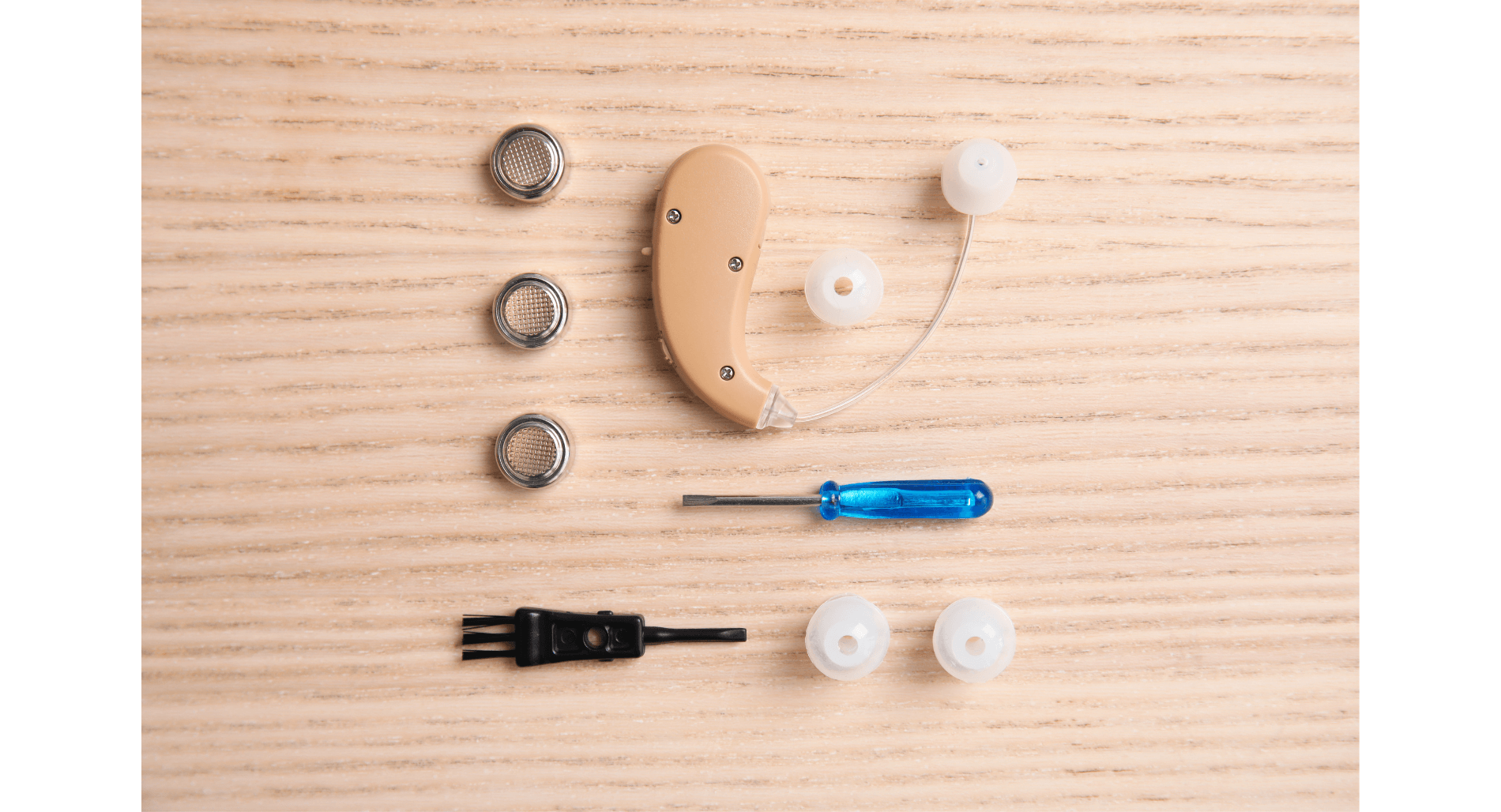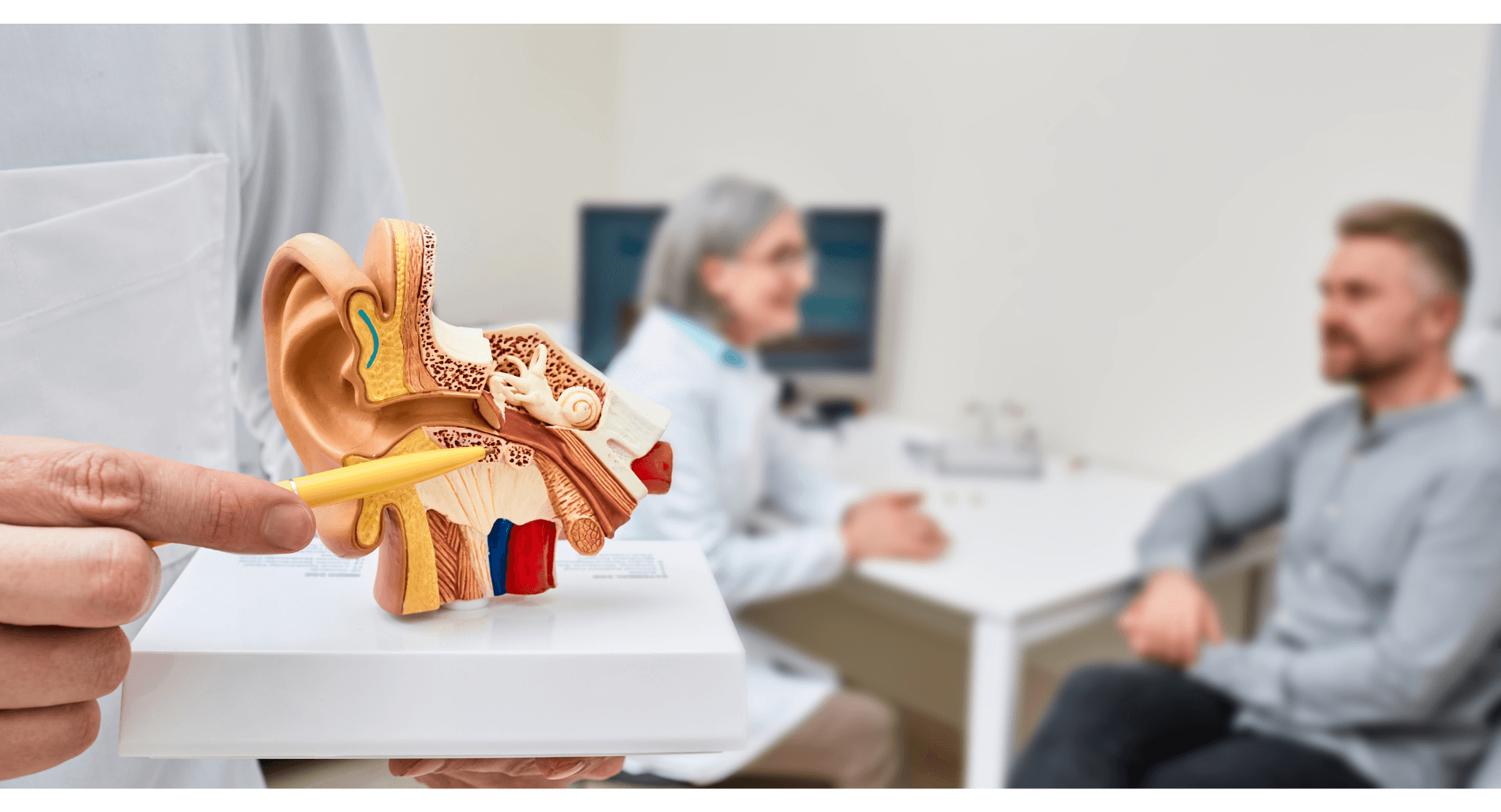
Hearing aids play a vital role in the lives of those with hearing loss, helping them stay connected and engaged with the world around them. However, to ensure these devices function optimally, regular maintenance is essential. Proper care and upkeep not only prolong the life of your hearing aids but also ensure they provide the best possible performance. We will explore the importance of maintaining your hearing aids, offer practical tips for daily care, and explain when to seek professional help.
Why Maintenance Matters
Maintaining your hearing aids is crucial for several reasons. Firstly, regular maintenance ensures that your hearing aids continue to function effectively. Dirt, earwax, and moisture can accumulate in the devices, affecting their performance. By keeping them clean and dry, you can avoid common issues such as muffled sound, feedback, or complete device failure. Secondly, well-maintained hearing aids are less likely to need frequent repairs or replacements, saving you time and money in the long run. Finally, proper maintenance helps to protect your hearing health. A clean hearing aid reduces the risk of ear infections and ensures that you can continue to hear clearly and comfortably.
Daily Cleaning Routine
A daily cleaning routine is essential for keeping your hearing aids in top condition. Start by wiping your hearing aids with a soft, dry cloth every day to remove any dirt or earwax. This simple step can prevent buildup and ensure that the devices remain clean. Next, use a small brush or a hearing aid cleaning tool to gently remove any debris from the microphone and receiver openings. Be sure to handle your hearing aids with care to avoid damaging any delicate parts. Additionally, check the ear molds and tubing for any signs of blockage or wear and tear. Regularly cleaning your hearing aids will keep them functioning properly and extend their lifespan.
Proper Storage Practices
How you store your hearing aids when they’re not in use is just as important as how you clean them. Always store your hearing aids in a dry, cool place, away from heat and moisture. Many hearing aid users find that using a hearing aid dehumidifier or drying box is an effective way to keep their devices moisture-free. These devices are designed to remove moisture that can accumulate during daily wear, helping to prevent issues like mold growth and corrosion. Additionally, make sure to store your hearing aids in a protective case to prevent damage from drops or other accidents. Proper storage practices will help maintain the integrity and performance of your hearing aids.
Regular Hearing Health Exams
Regular hearing health exams are a key component of maintaining your hearing aids. During these exams, a provider can check your hearing aids for any issues and perform a thorough cleaning. They can also make any necessary adjustments to ensure that your hearing aids are working correctly. Moreover, a hearing health exam can detect any changes in your hearing, allowing your provider to adjust your hearing aids to meet your current needs. Consistent check-ups will help keep your hearing aids in optimal condition and ensure that your hearing health is closely monitored.
Troubleshooting Common Issues
Even with regular maintenance, you may encounter some common issues with your hearing aids. If you experience problems like feedback, distorted sound, or no sound at all, there are a few troubleshooting steps you can take. First, check the batteries and replace them if necessary. Next, ensure that the hearing aids are clean and free from any blockages. If you’re still experiencing issues, consult your user manual for specific troubleshooting tips related to your hearing aid model. If the problem persists, it’s best to seek professional assistance from your provider. Addressing issues promptly will help keep your hearing aids working effectively and prevent further damage.
When to Seek Professional Help
While daily maintenance and troubleshooting can solve many issues, there are times when professional help is necessary. If your hearing aids are still not working correctly after basic troubleshooting, or if you notice physical damage to the devices, it’s important to contact your provider. They have the tools and expertise to diagnose and repair more complex problems. Additionally, if you experience any discomfort or pain while wearing your hearing aids, seek professional advice immediately. A provider can make adjustments to ensure a comfortable fit and optimal performance. Seeking professional help when needed will ensure that your hearing aids remain in good working order and continue to provide the best possible support for your hearing needs.
In conclusion, maintaining your hearing aids is essential for ensuring their longevity and optimal performance. By following a regular cleaning routine, practicing proper storage, scheduling regular hearing health exams, and knowing when to seek professional help, you can keep your hearing aids in excellent condition. Taking these steps will help you get the most out of your hearing aids, allowing you to enjoy clear and comfortable hearing every day.

Virtual Support Groups for People with Hearing Loss
Matthew Favinger, M.S., F-AAA

Understanding the Anatomy of the Ear
Matthew Favinger, M.S., F-AAA

